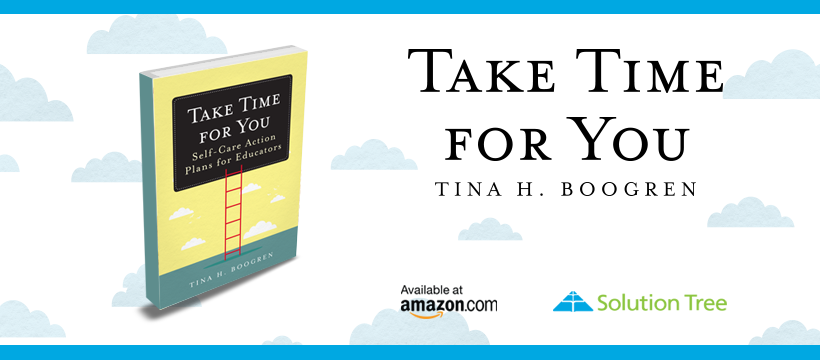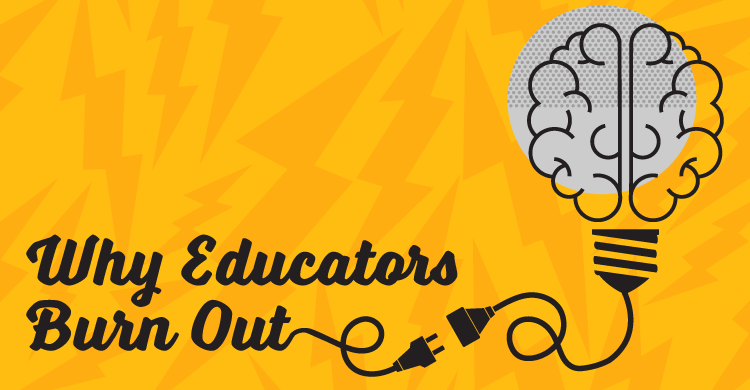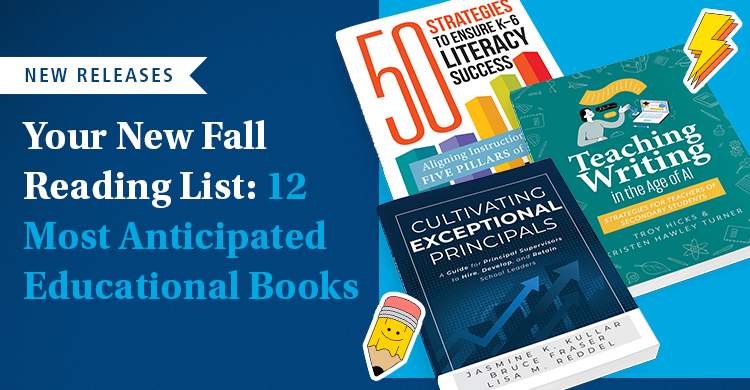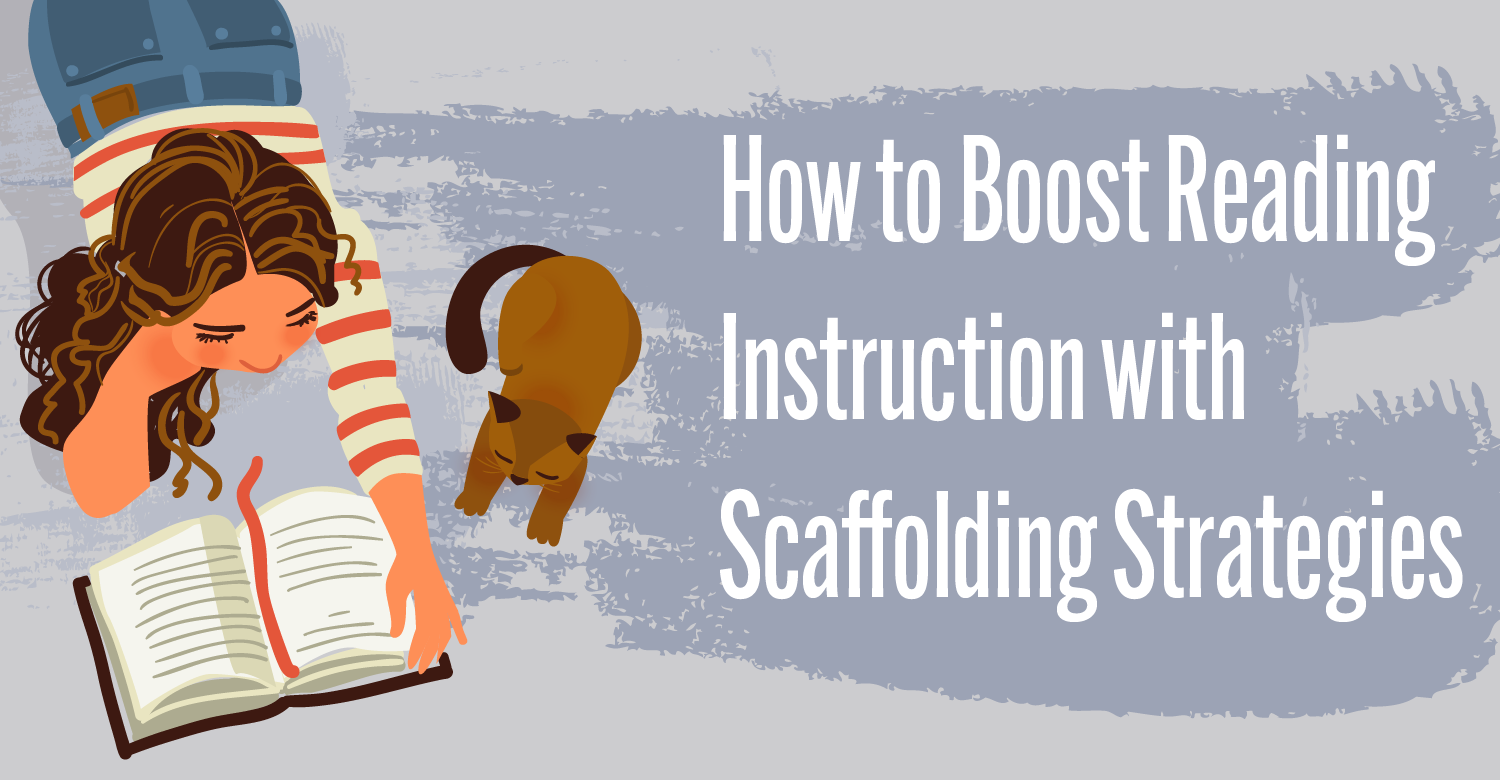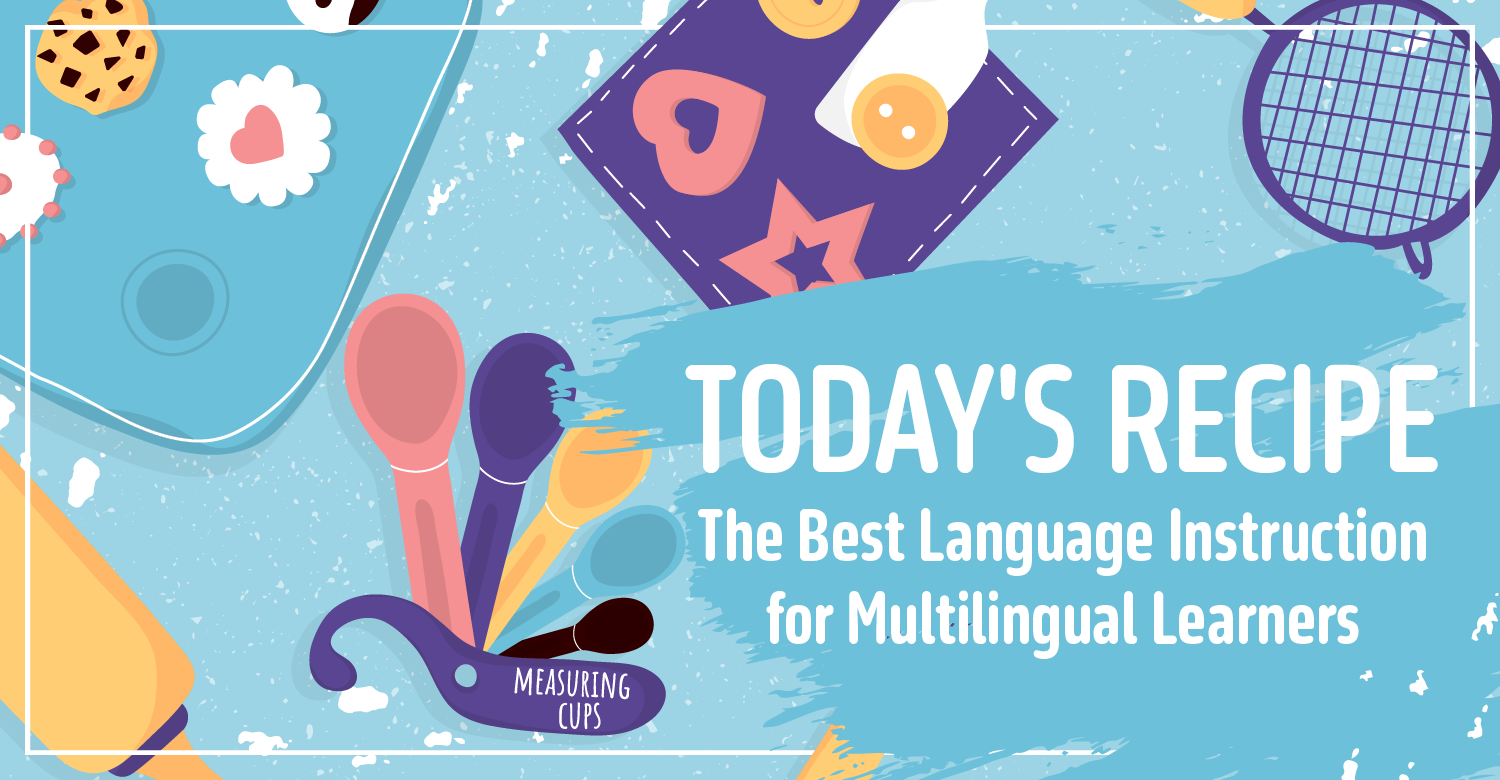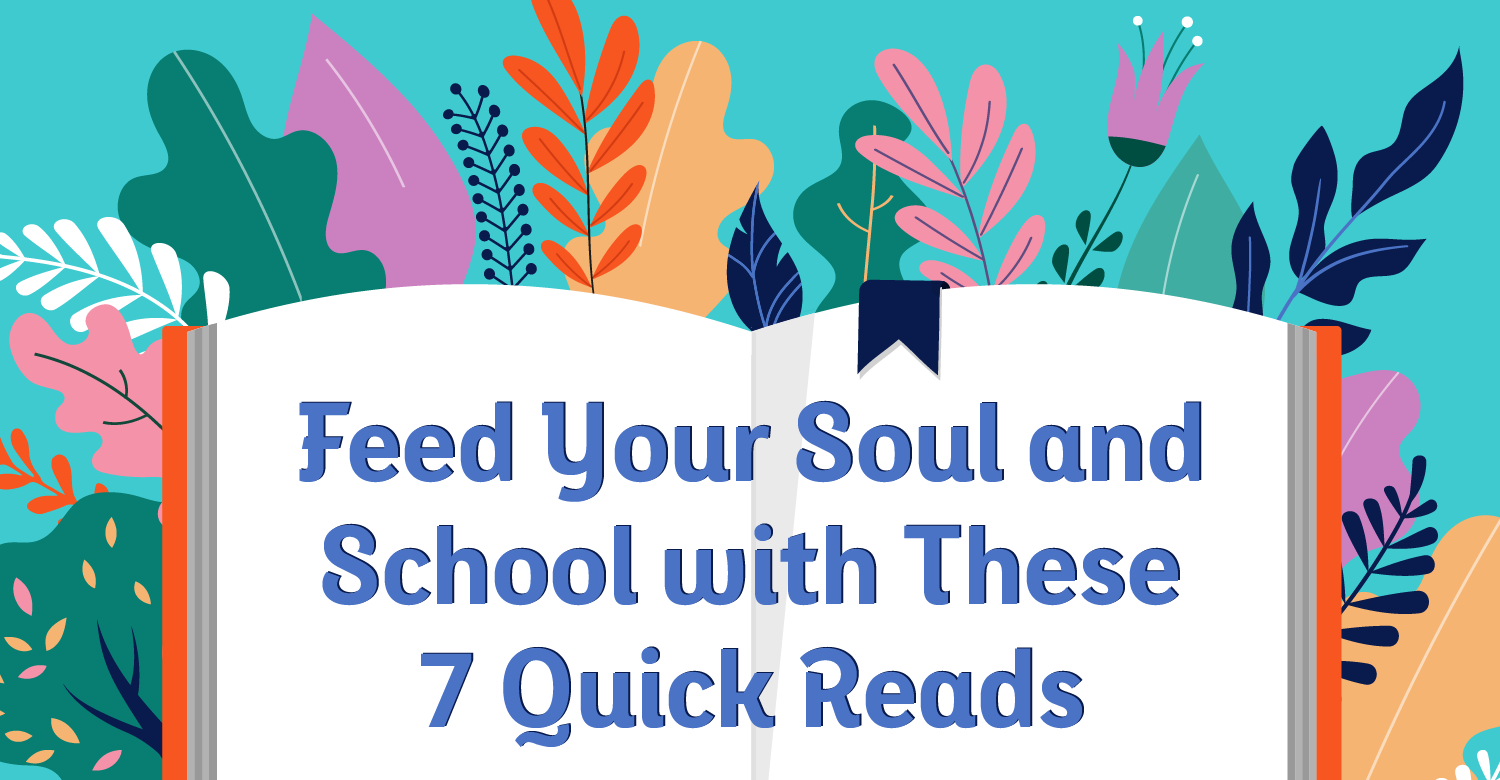Based on Take Time for You
How to burn yourself out as an educator:
Get up before dawn, stay up past midnight, grade papers, or do other work on the weekends and during your child’s soccer games. Meet with parents outside of school hours—some of whom aren’t on your side. Meet with students outside of class—some of whom look you in the eye and say cruel things right to your face. Create lessons from scratch—that sometimes flop in spite of your very best intentions. Sit in PLC meetings with colleagues—some of whom don’t share the passion that you share and who aren’t doing what’s best for students.
Chaperone and coach and lead and hustle. Teach and model and assess and review. Give up your lunch period and plan time and Saturday brunch and book club, because your to-do list is too long and the days are too short. Worry and fret and hug and love beyond what a non-educator can even fathom, and do it every single day.
Work in broken-down buildings and classrooms where things are literally falling apart. Pour your paycheck into Target and Wal-Mart, buying pencils and notebooks and snacks and socks. Incorporate technology into your lesson, but also prepare two backup plans for when the technology doesn’t work. Reflect on your lessons in the middle of the night and during date night with your spouse. Question your every move and compare yourself to everyone around you and those classrooms on Instagram. Make decisions that will have a lasting impact on students, families, and entire communities.
Keep that up long enough and you will lose it. You’ll cry (or scream) in your car or in the bathroom or under your desk. You’ll say things you wish you hadn’t said to students and colleagues, as well as family members and parents. You’ll get resentful and irritated and mad, and feel even worse when you recognize that you feel these things. You’ll cave to your sugar cravings, choose caffeine over water, and give in to the carb-loaded snacks left in the teachers’ lounge. You’ll skip another workout, drive through another drive-thru, and sacrifice sleep for one more hour with Netflix. You’ll indulge because you’re exhausted and your brain is tired, and you’ll find yourself wondering if you can keep on going like this or not. You’ll read articles and social media conversations about educator burnout and you’ll slowly nod your head in sad recognition.
The choice is yours
When you’ve reached the point of burnout, that’s when there is a decision to be made. Perhaps the most important decision of your entire career: do you stay or do you go? Can you continue like this and still be an effective educator? Is this fair to your family? To your students? To yourself?
As a fierce and loyal advocate for educators, I want you to stay. I want you to stay because we need your passion and your heart and your expertise. But you can only stay if you are whole and well, and that’s going to require some changes. Burnout is a result of doing too much, sleeping too little, losing sight of the bigger pictures, and putting ourselves at the bottom of our never-ending to-do lists. So where do we begin to change? What can we do in order to stay and feel good? I posit that we follow the classic airline safety advice and learn how to secure our own oxygen masks first. Educational pedagogy and research-based strategies are only as good as the person providing them, and so we must start with the educator.
Begin by setting an alarm on your phone that will go off at least two or three times a day when you’re not in front of students (perhaps in-between classes, during your plan time, at lunch, and/or at the end of the school day). When that alarm goes off, stop what you’re doing, close your eyes if you can, and take a couple really slow and thoughtful deep breaths (you’ll know you’re taking a deep breath when your stomach expands on your inhale). Taking these breaths will help to calm your mind and bring you back to the present moment. Next, ask yourself the following questions and stop as soon as you reach a question that you answer with “no.”
- Are my basic needs met?
- Do I feel safe?
- Do I belong?
- Do I feel confident?
- Am I living my best life?
- Do I feel inspired?
Change ‘no’ into ‘yes’
For most of us educators, we reach the first question and this is where we stop. Are my basic needs met? No. I haven’t eaten yet today, I’ve only consumed coffee, I haven’t had a chance to use the restroom, I haven’t had any water, etc., etc. And so we don’t even ask ourselves the next question. Instead, we stop and we make a deliberate choice to do something right now to help turn our “no” into a “yes.”
Perhaps we give ourselves permission to not work during lunch today. Or we ask a student in our next class to fill up our water bottle for us. Or we ask a colleague to watch our class for a minute so we can use the restroom (and offer to return the favor for him/her). We do these things without guilt. By taking these baby steps that revolve around our own personal needs, we start to heal ourselves and slow down, moving ourselves away from burnout.
The next time our alarm goes off, we repeat this same process (until it becomes an ingrained habit in our daily lives); we continue to check-in with ourselves and implement simple strategies such as the following, which can help us answer positively to each of those essential questions.
- Are my basic needs met? Drink water, exercise, take an uninterrupted lunch, and prioritize sleep.
- Do I feel safe? Stick to a schedule, memorize essential phone numbers, have a safety plan for home and for school, and schedule doctor’s appointments.
- Do I belong? Put dates with your friends and family in your calendar (and stick to them), share meals without distractions, and get to know your colleagues on a personal level.
- Do I feel confident? Utilize a growth mindset, talk to yourself like you’d talk to someone you love, and forgive yourself.
- Am I living my best life? Make time for the things you love, challenge yourself with personal goals, and spend less time scrolling through social media and comparing yourself to others.
- Do I feel inspired? Practice gratitude, engage in mindfulness activities, and participate in altruistic acts.
You can do this
In my book, Take Time for You: Self-Care Action Plans for Educators (Boogren, 2018), I take readers through each of these questions (which you’ll recognize as being correlated to Maslow’s Hierarchy of Needs), outlining multiple additional strategies that correspond to each question so educators can create their own personalized plans for self-care, and thus, avoid burning themselves out. As teaching becomes increasingly challenging, and the stakes continue to get higher and higher, it is essential that we prioritize taking care of ourselves. I recommend working through this text with colleagues so that you can lovingly hold each other accountable and offer support to one another.
There’s no doubt about it: this job is challenging. But we can do this. When we grant ourselves permission to take care of ourselves, we can, in turn, take care of those we serve for years and years to come.
References:
Boogren, T. (2018). Take time for you: Self-care action plans for educators. Bloomington, IN: Solution Tree Press.
Maslow, A. H. (1943). A theory of human motivation. Psychological Review, 50(4), 370–396.[author_bio id=”1258″]